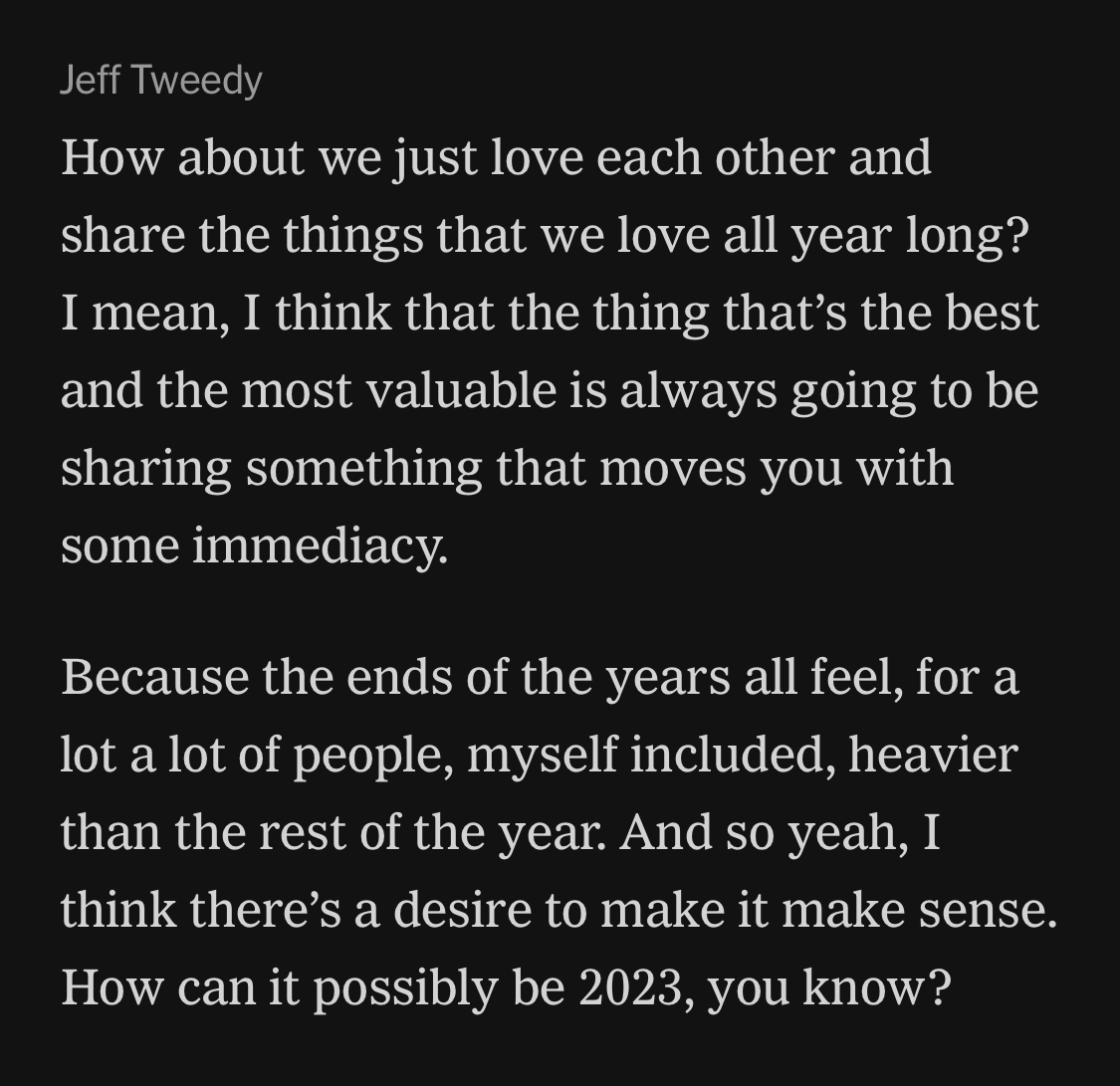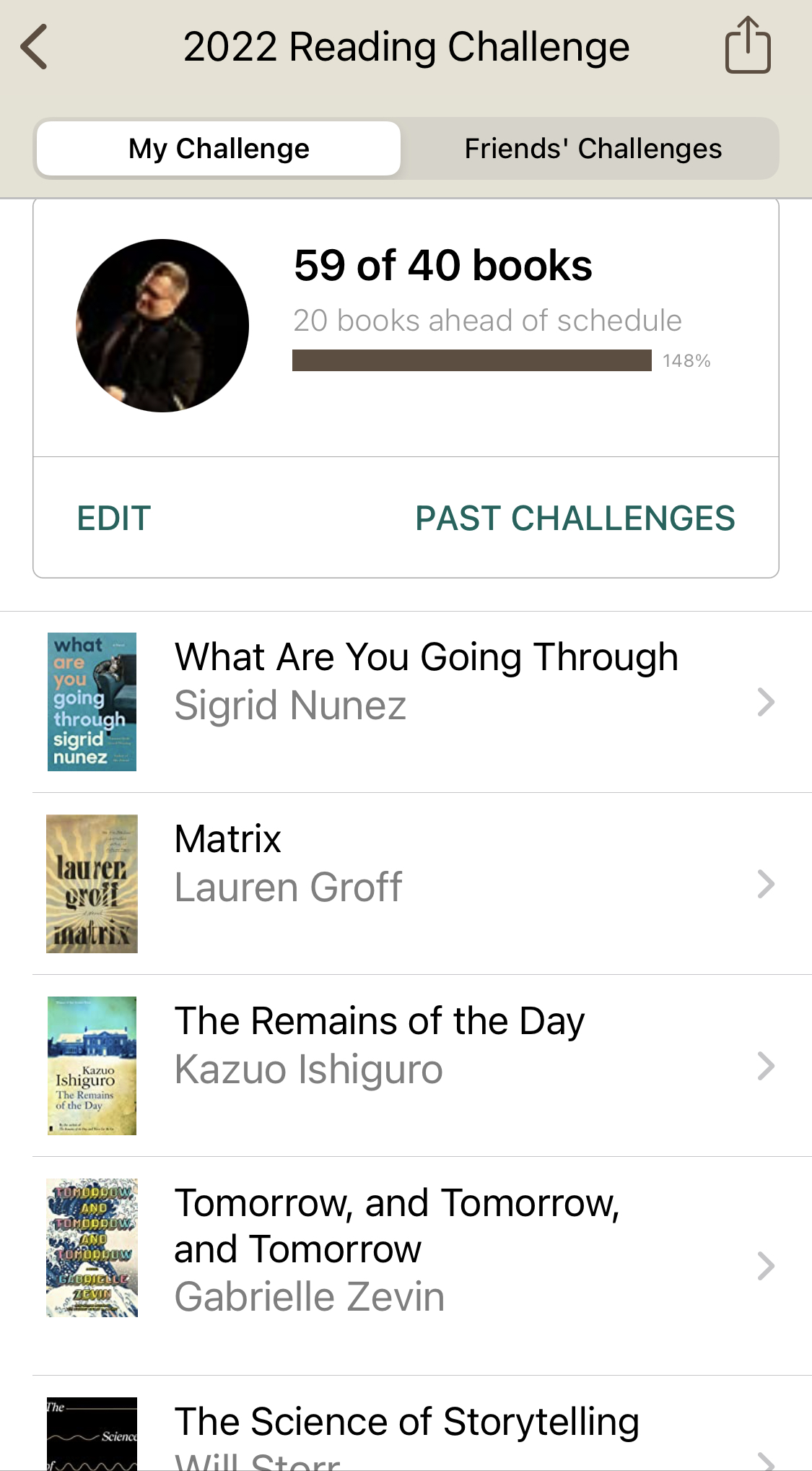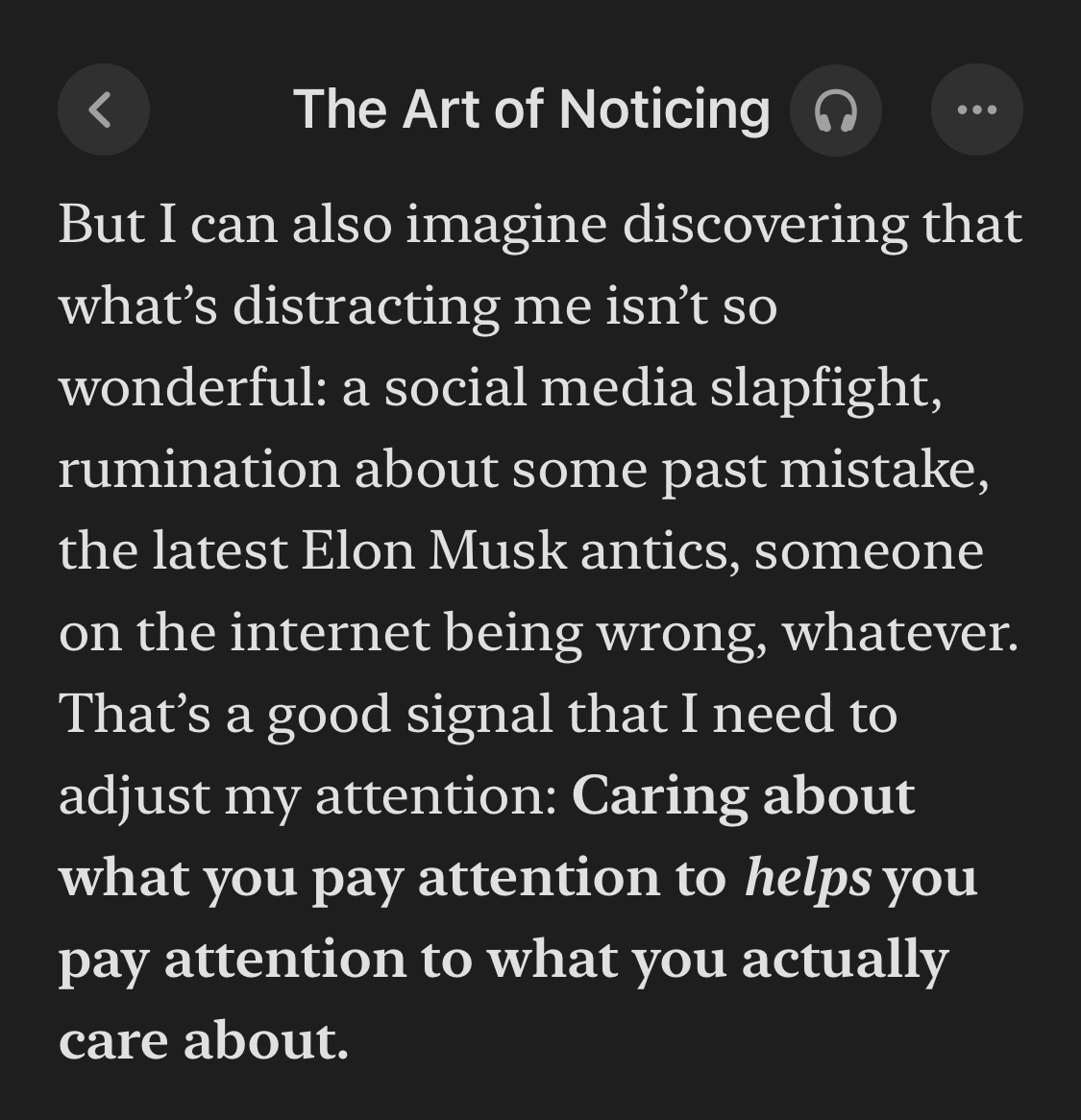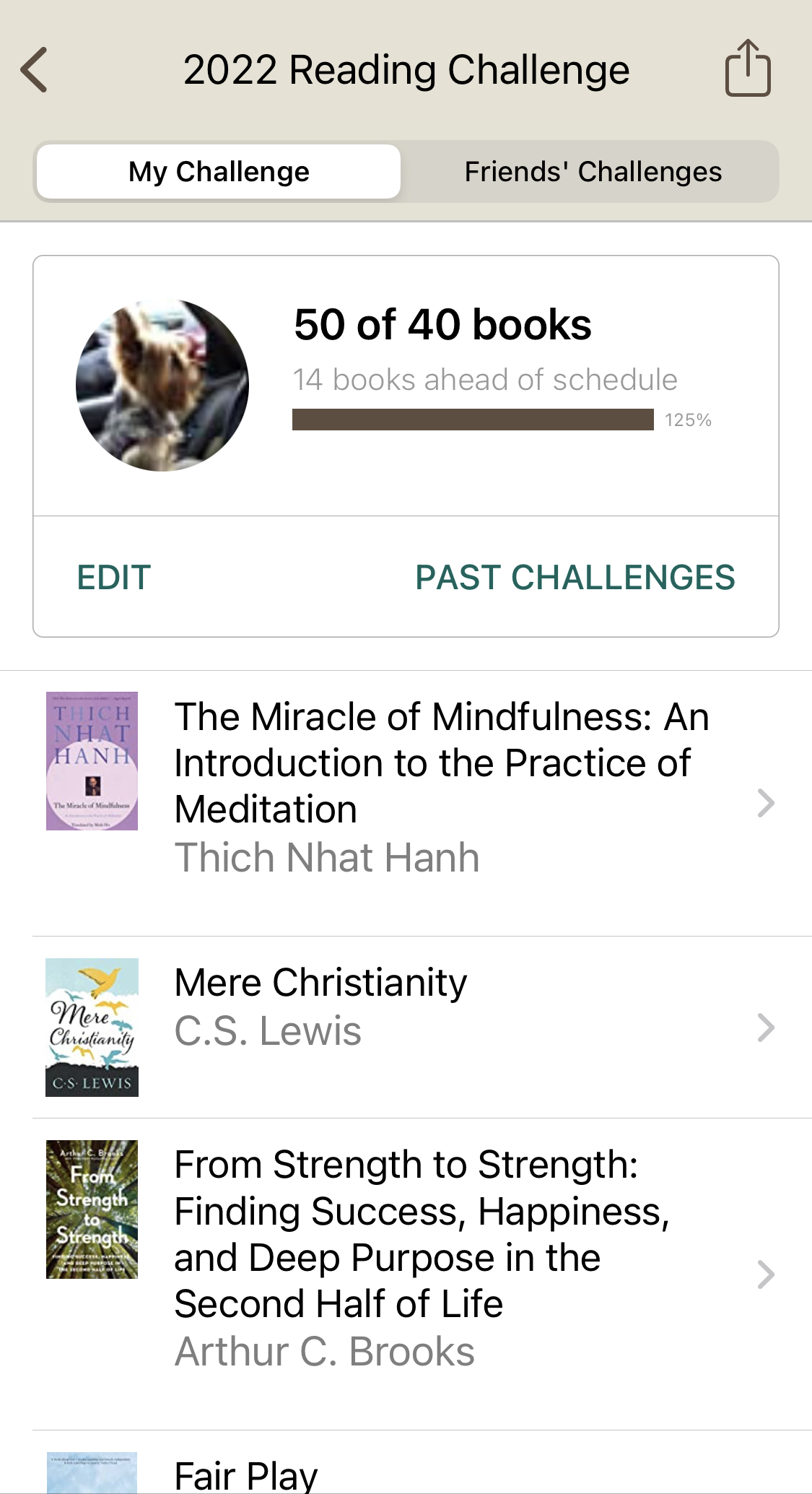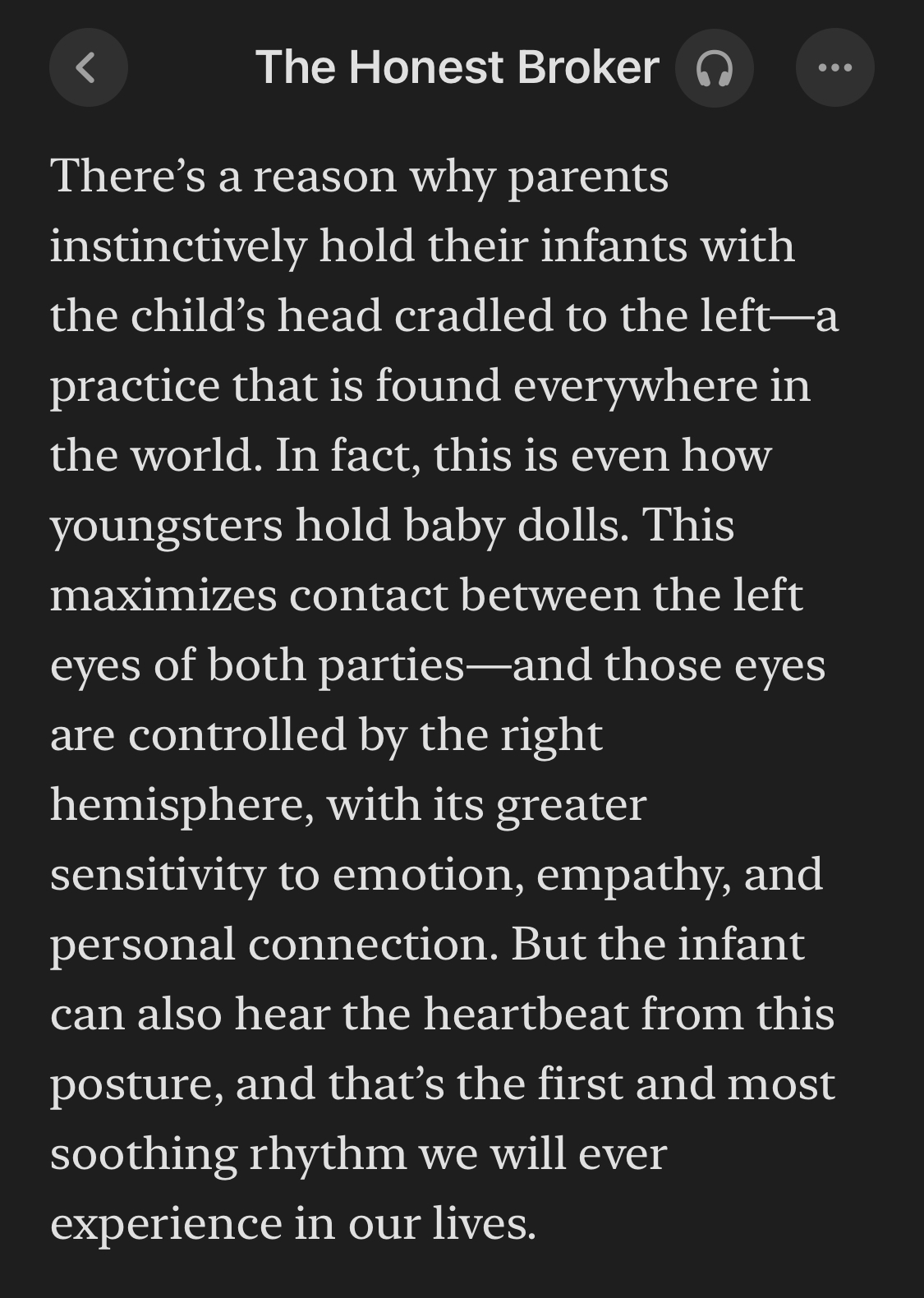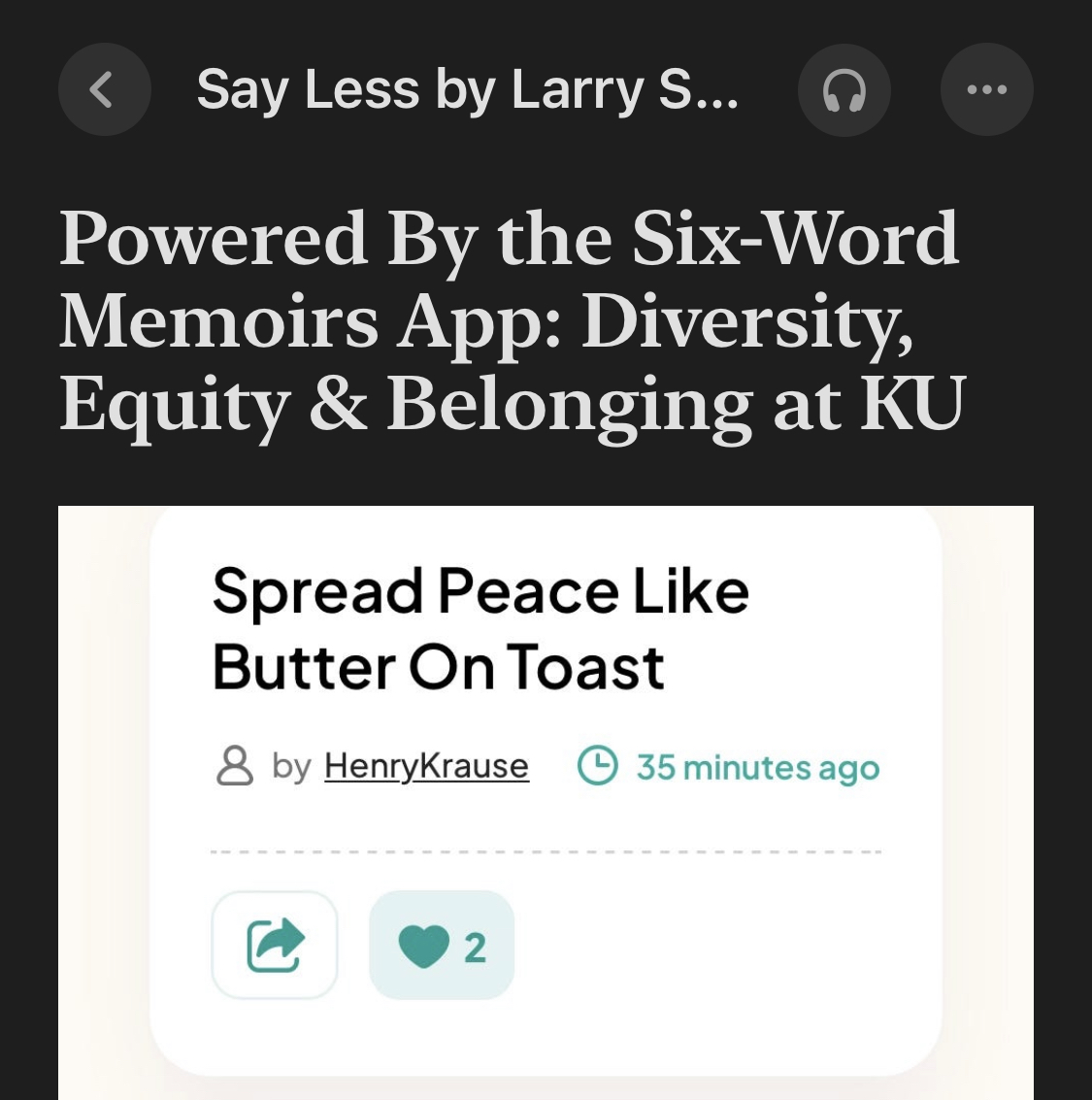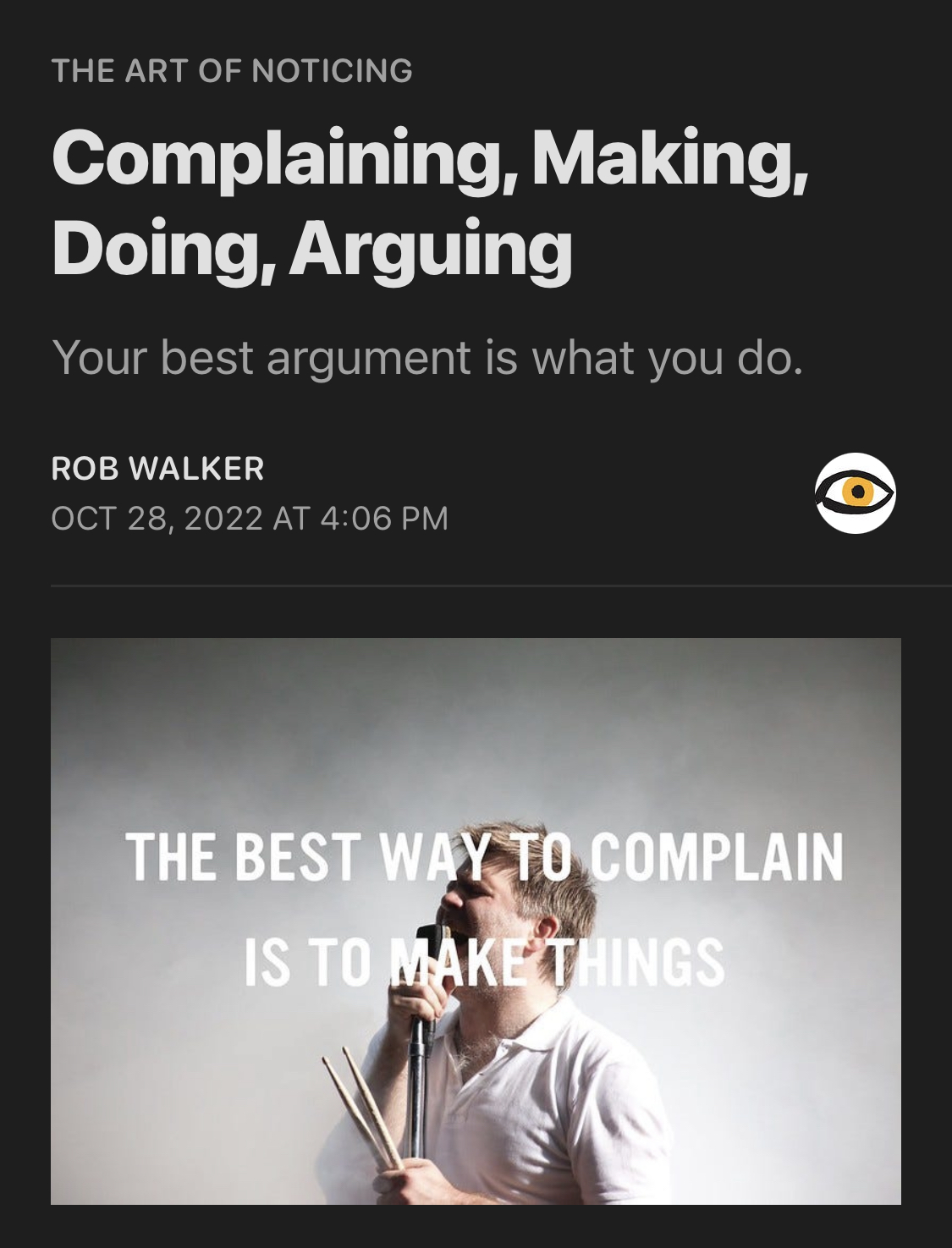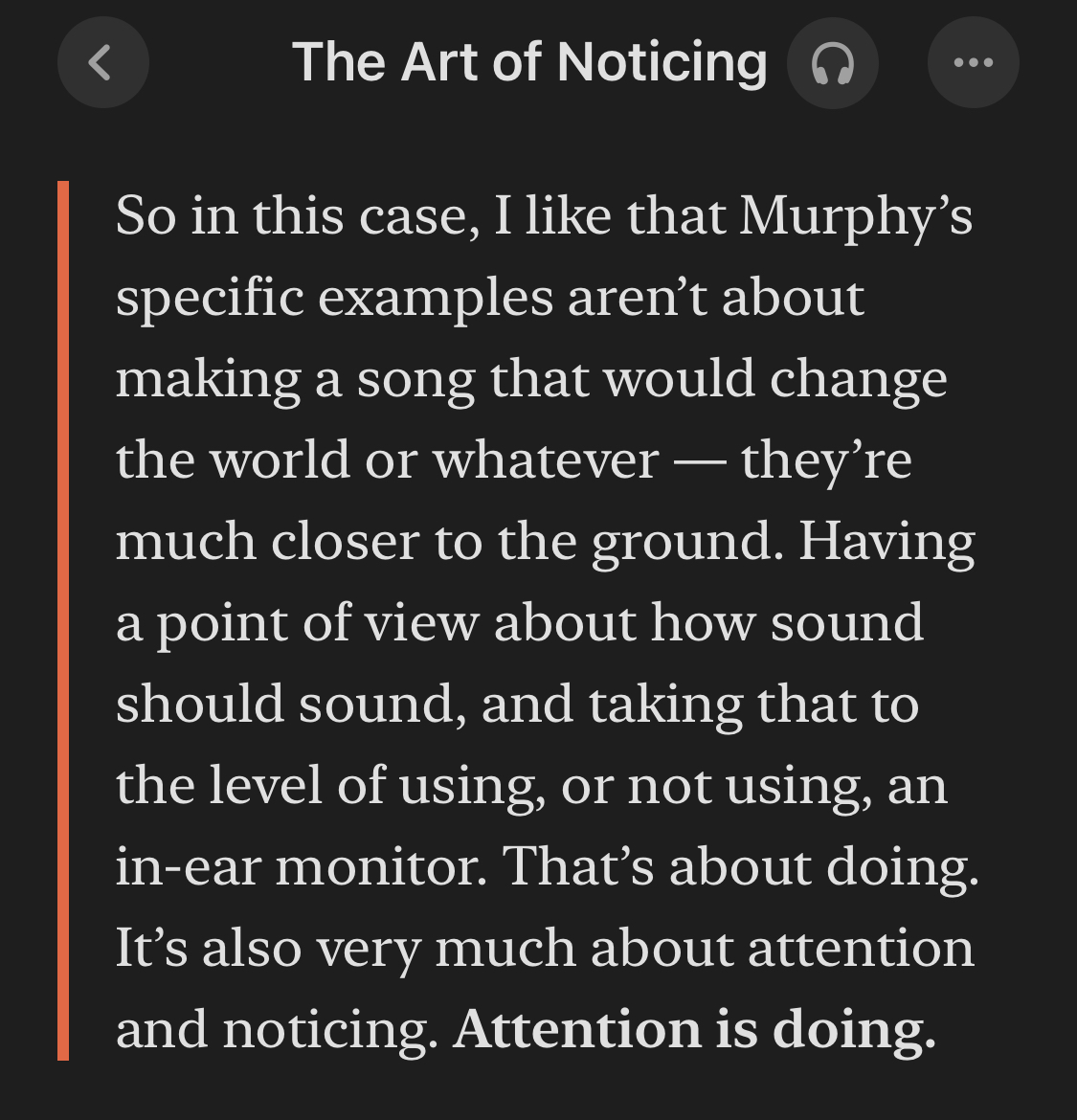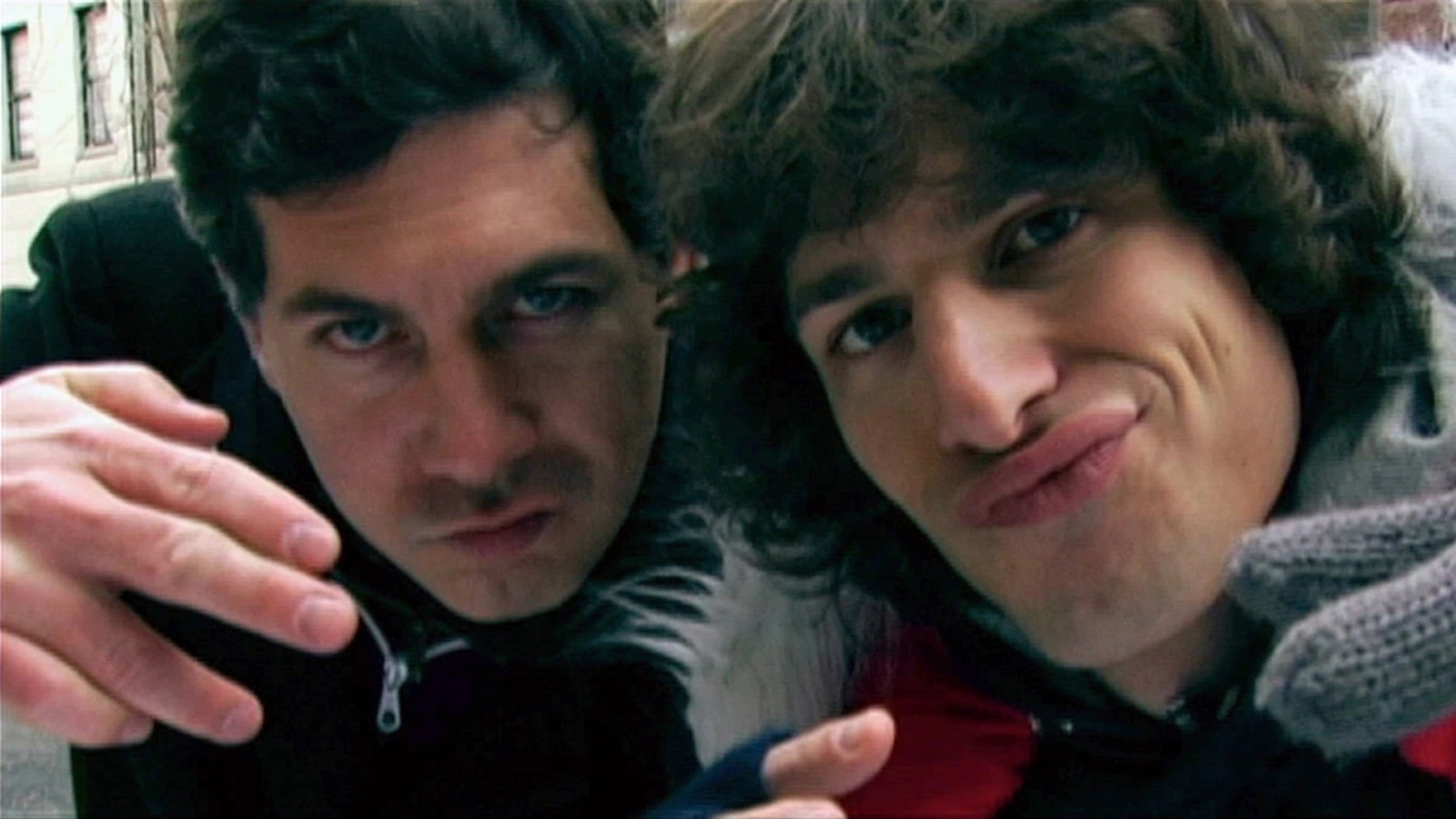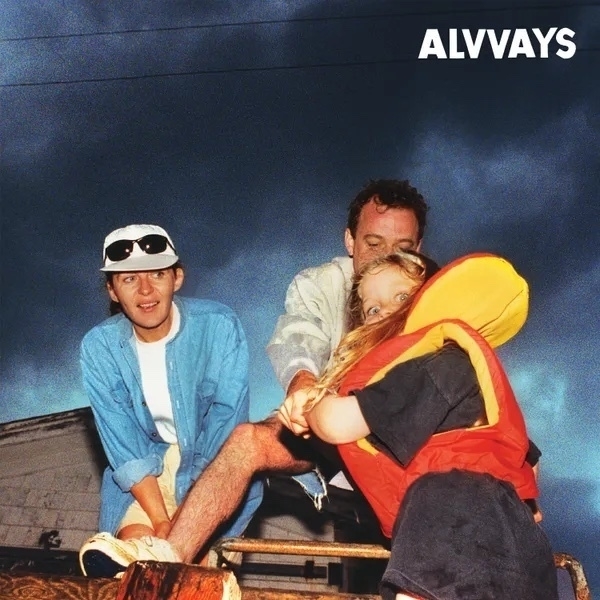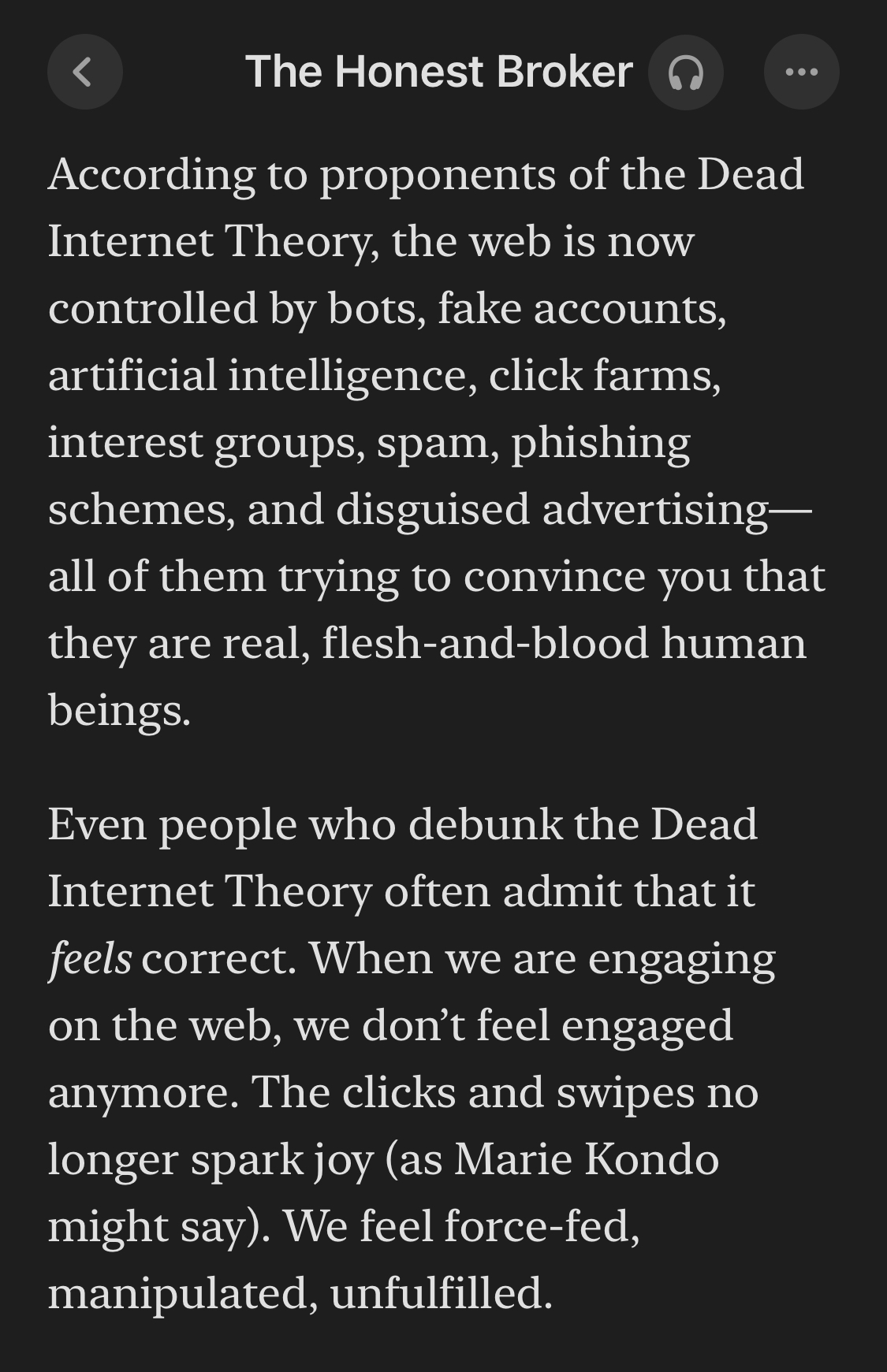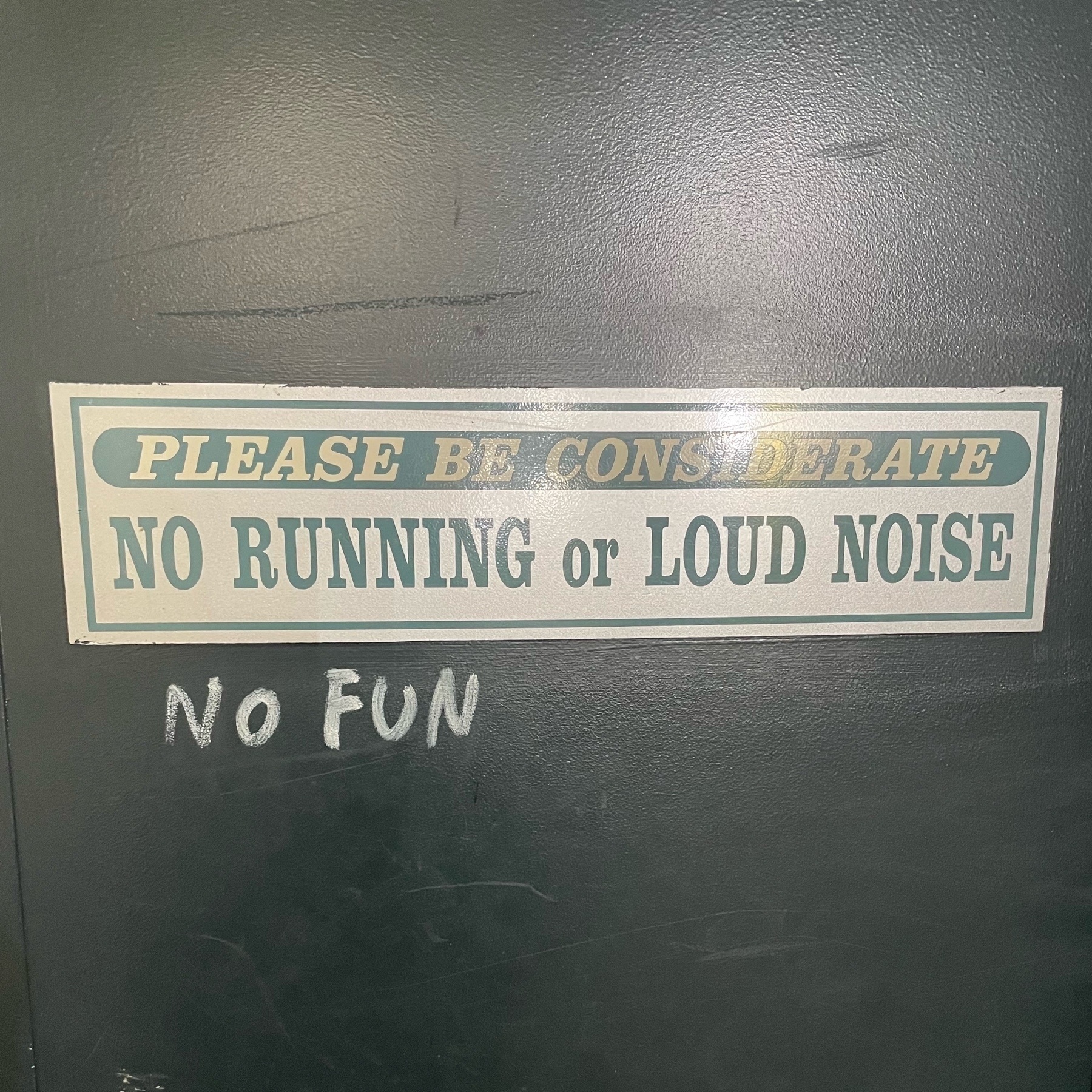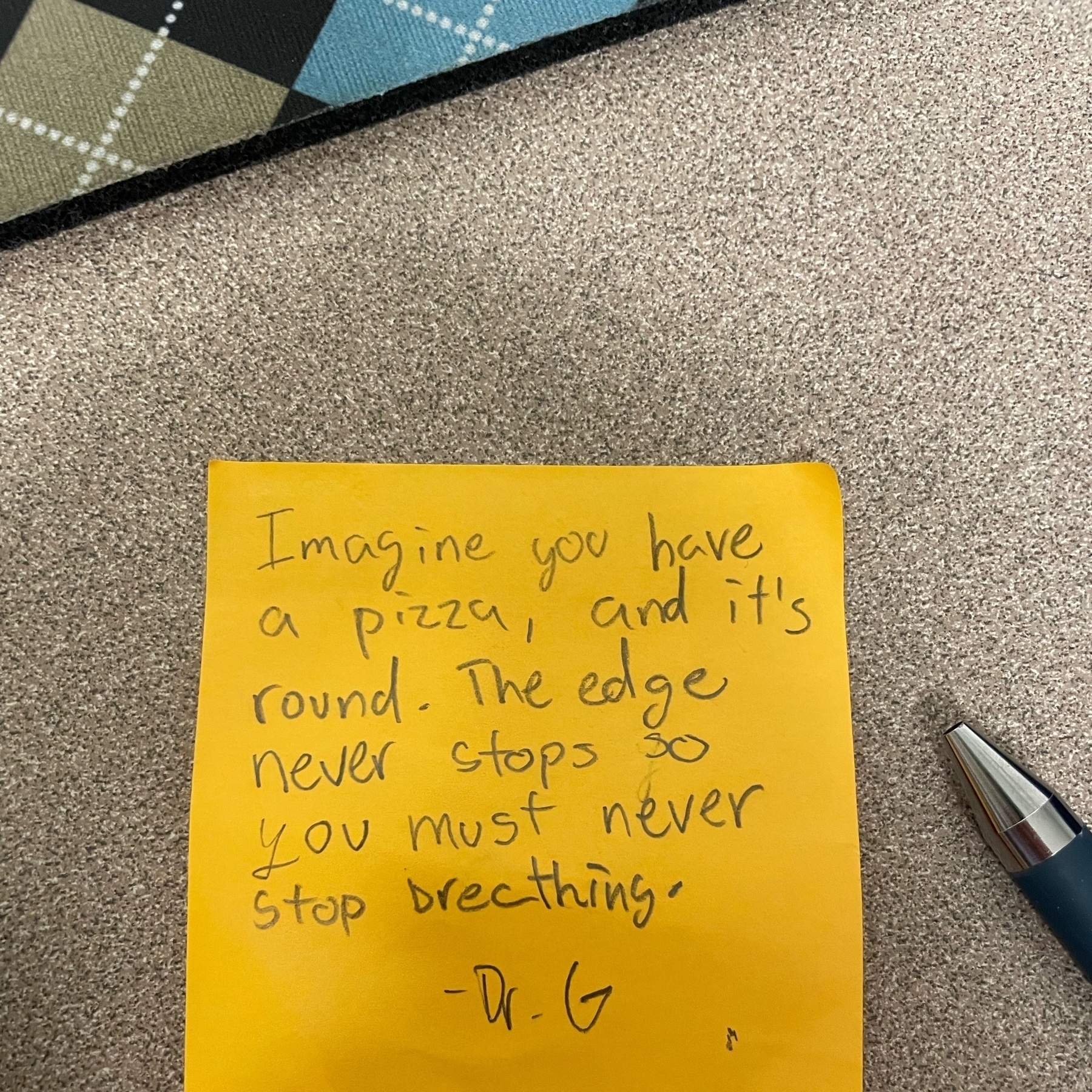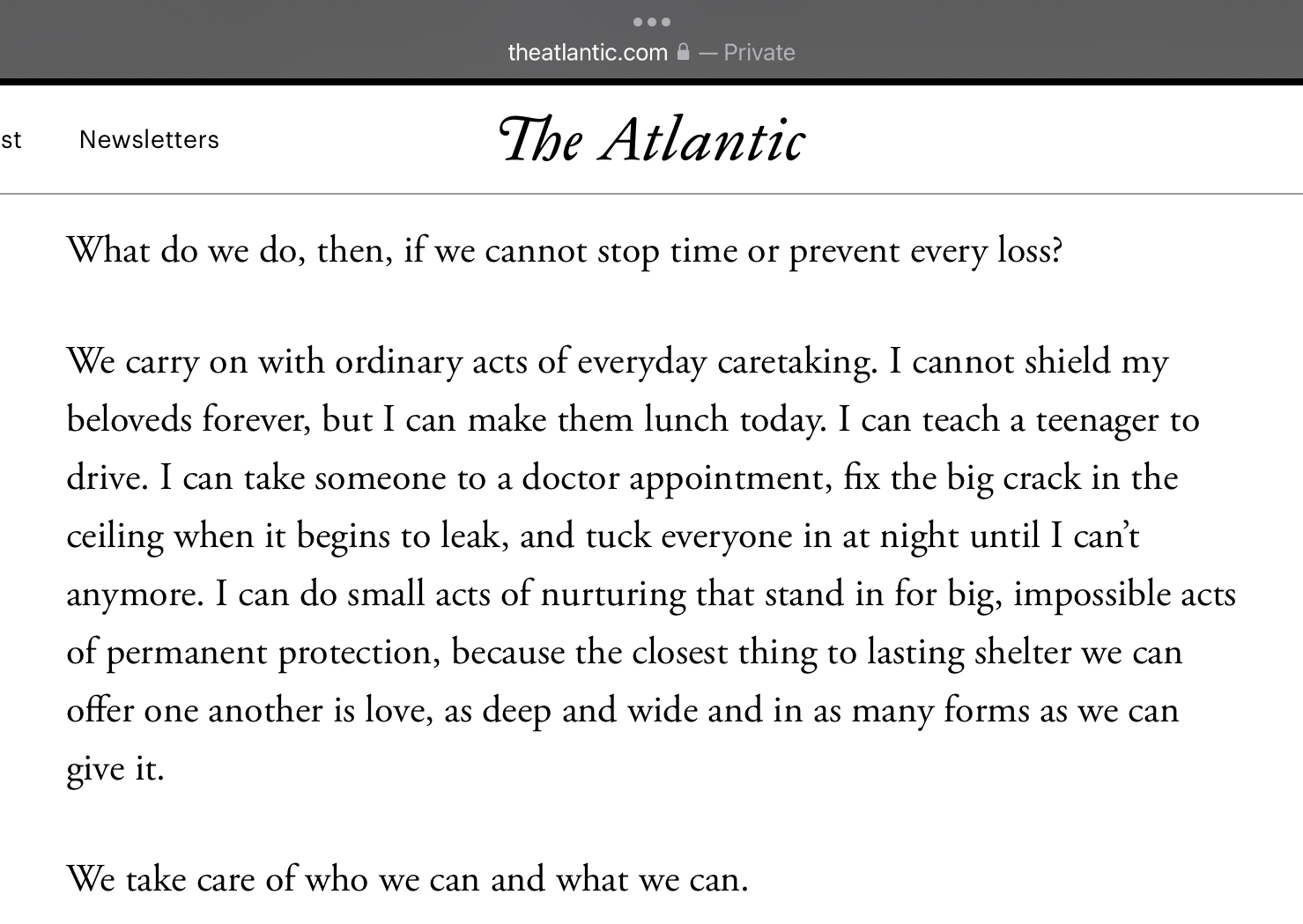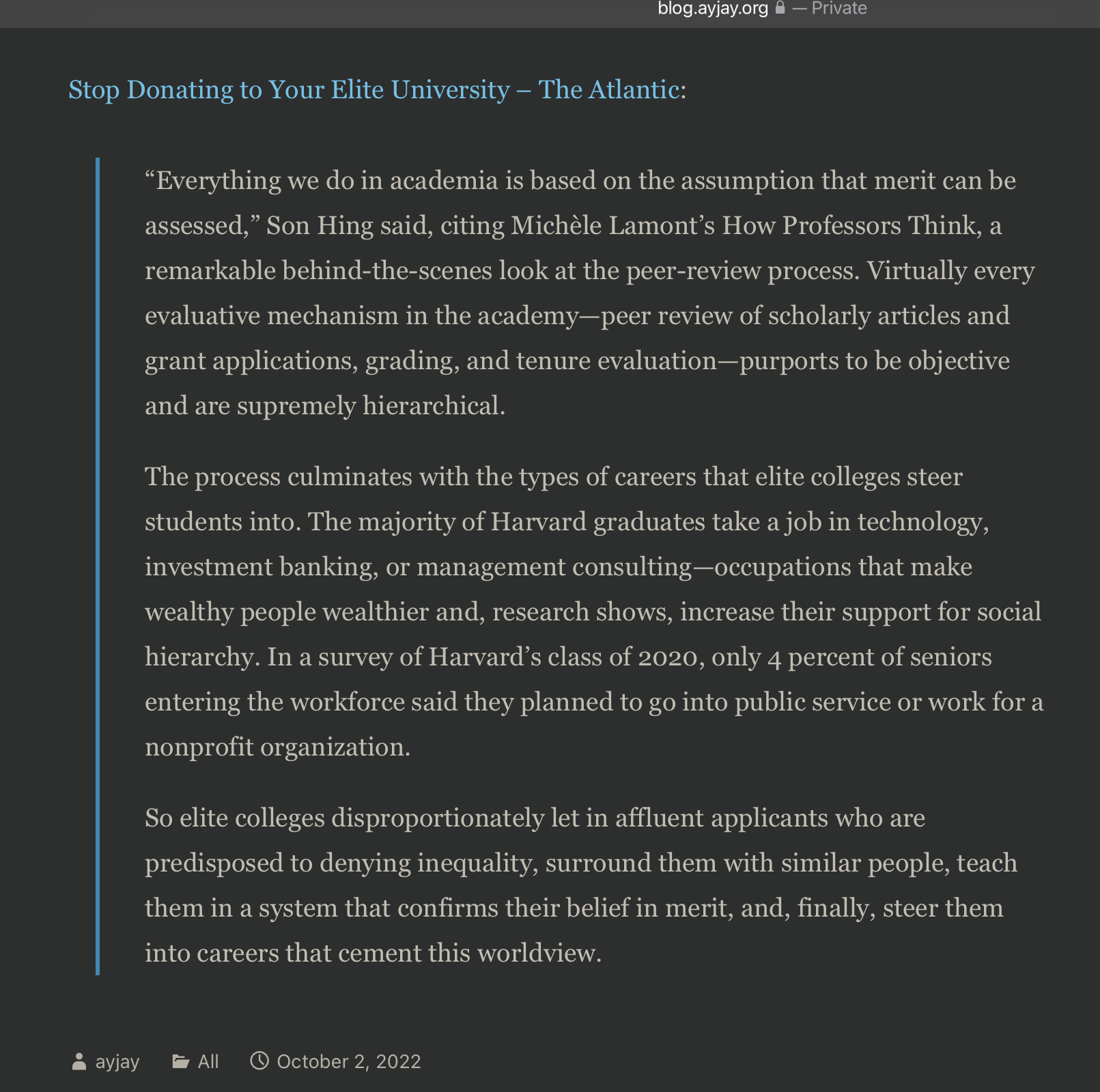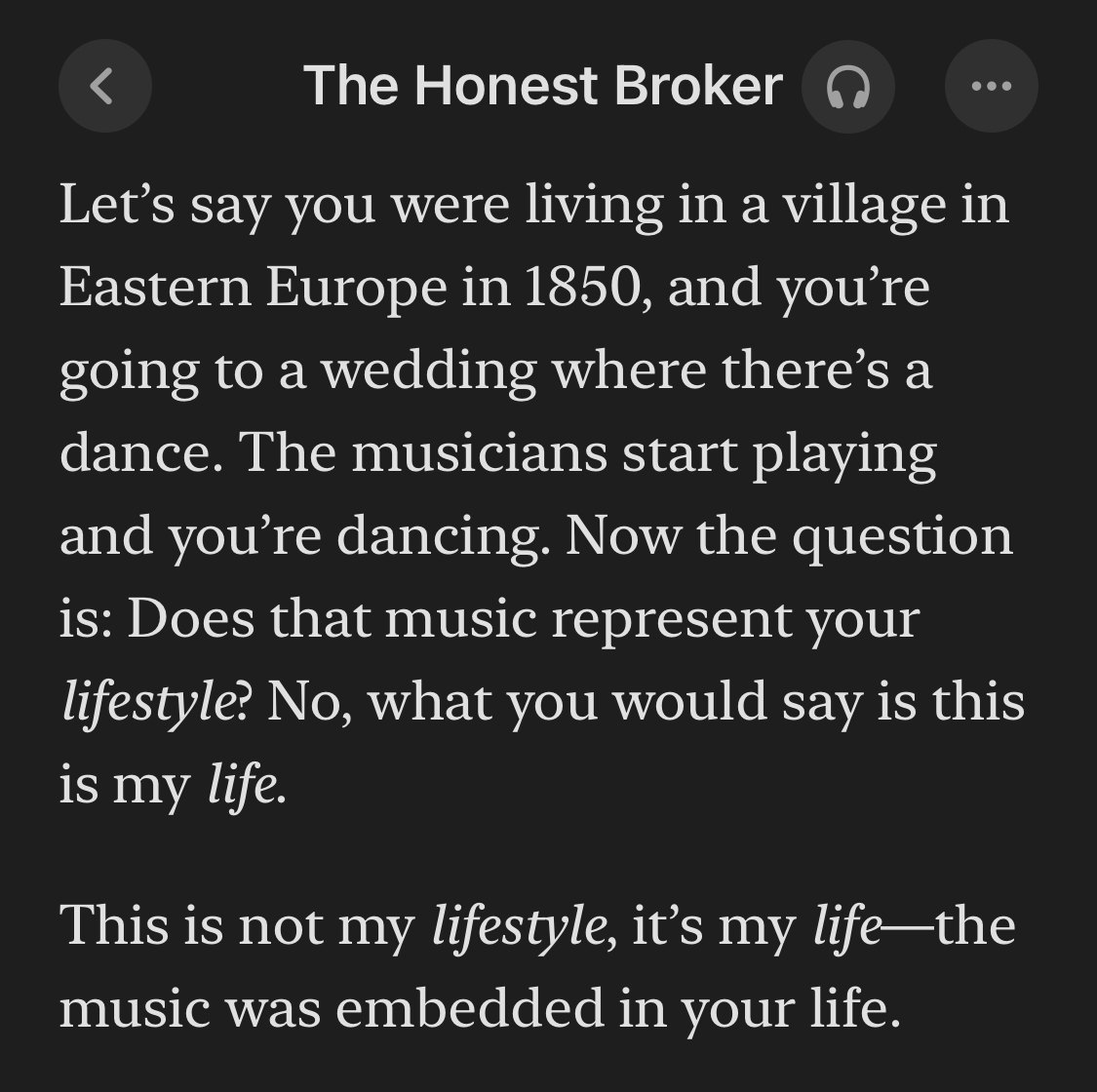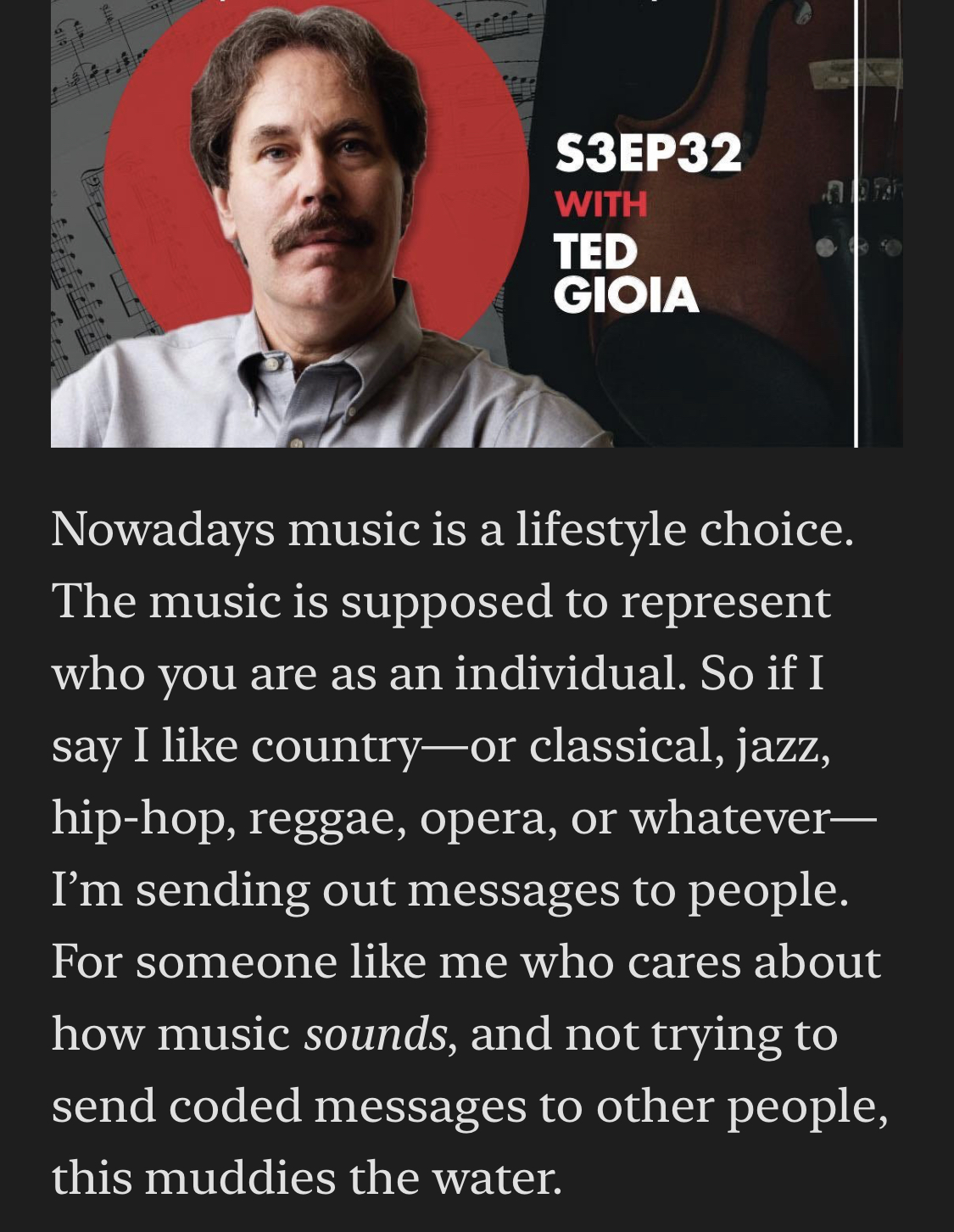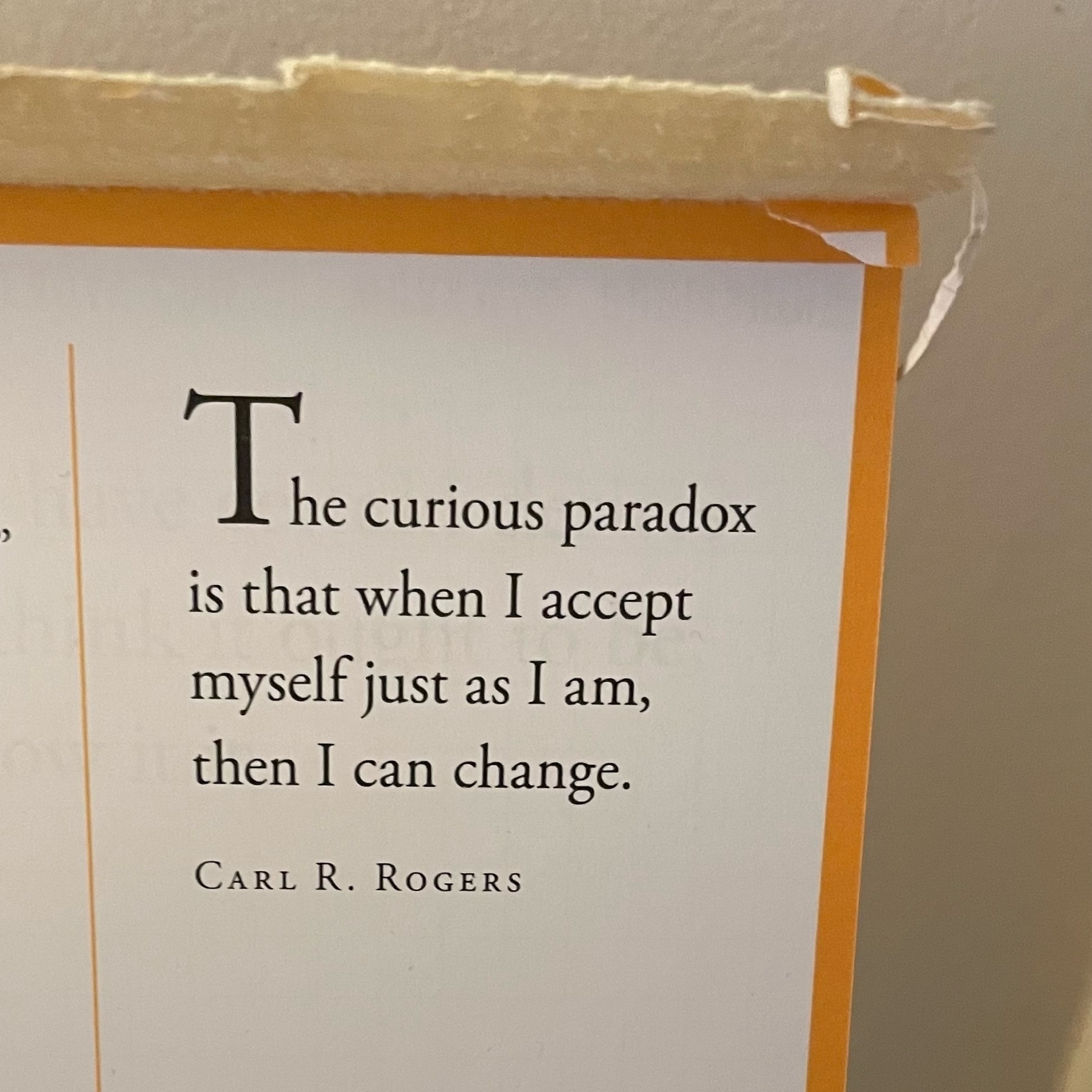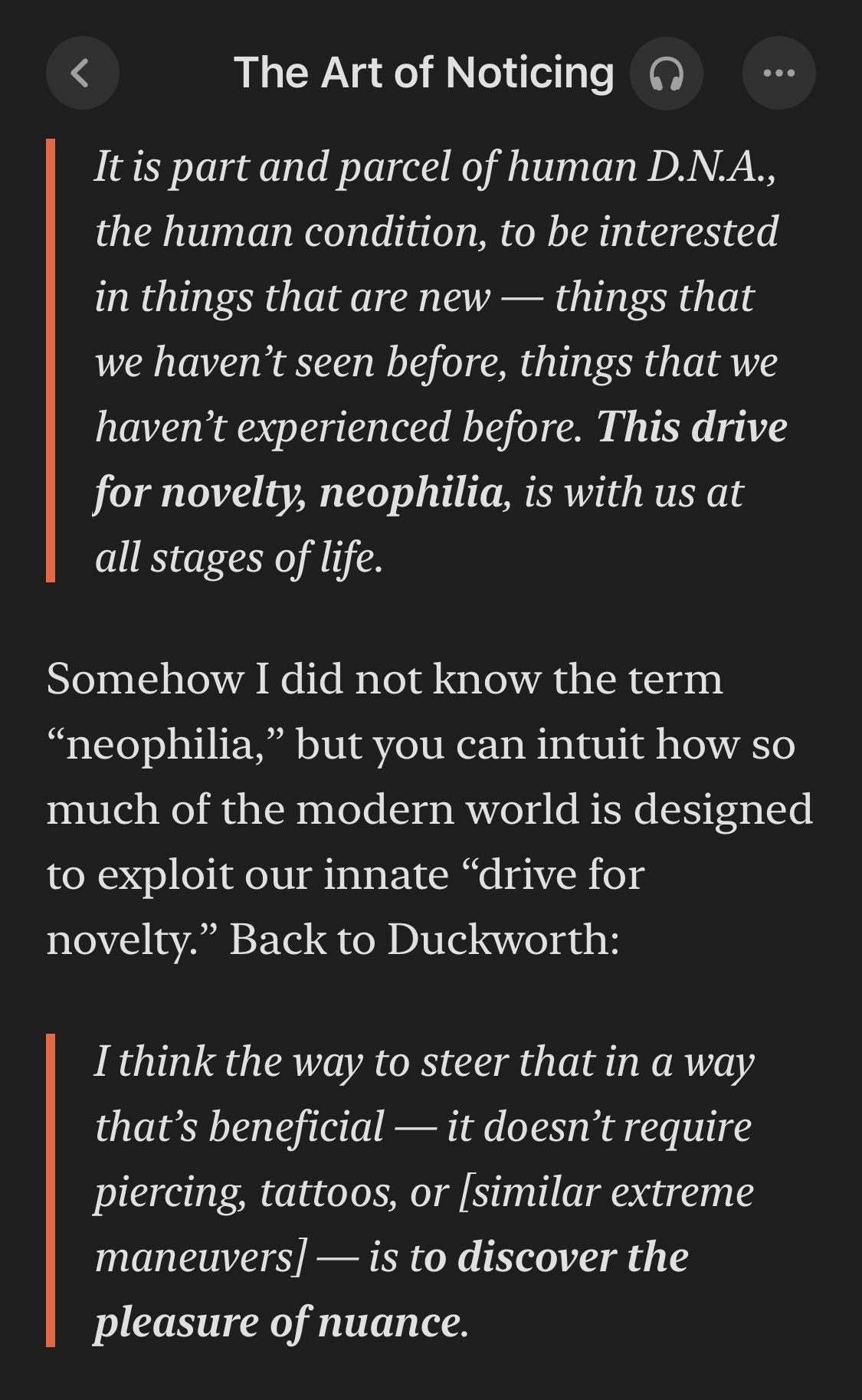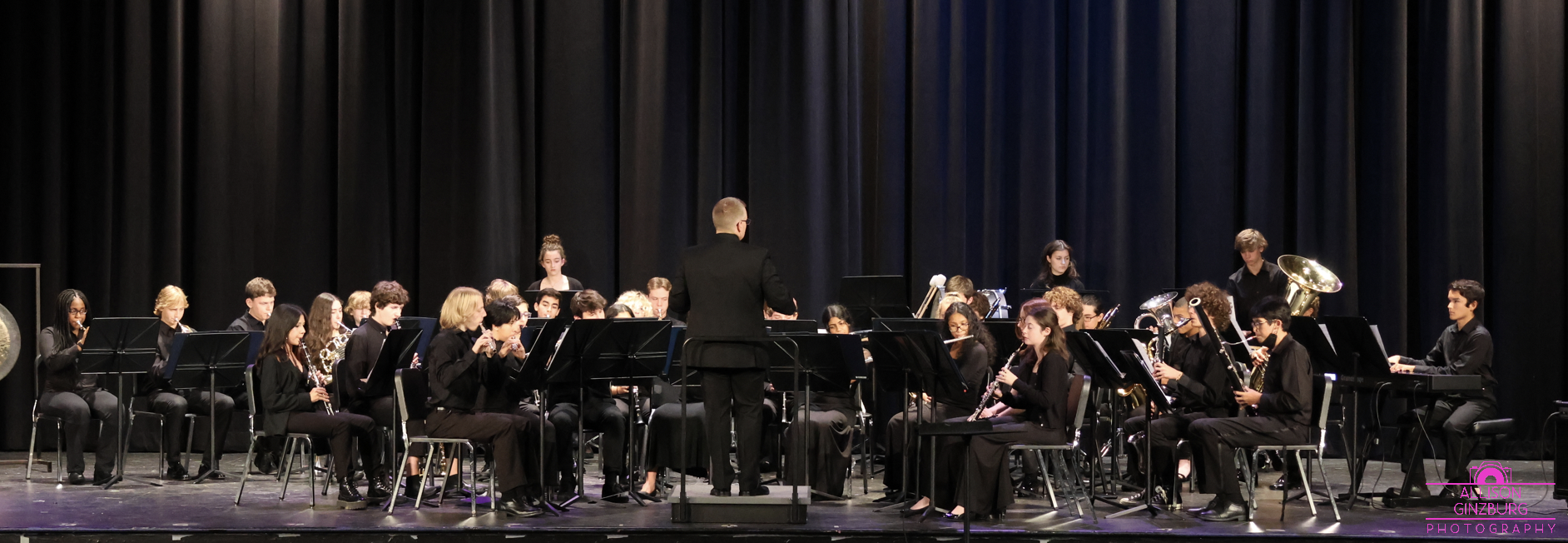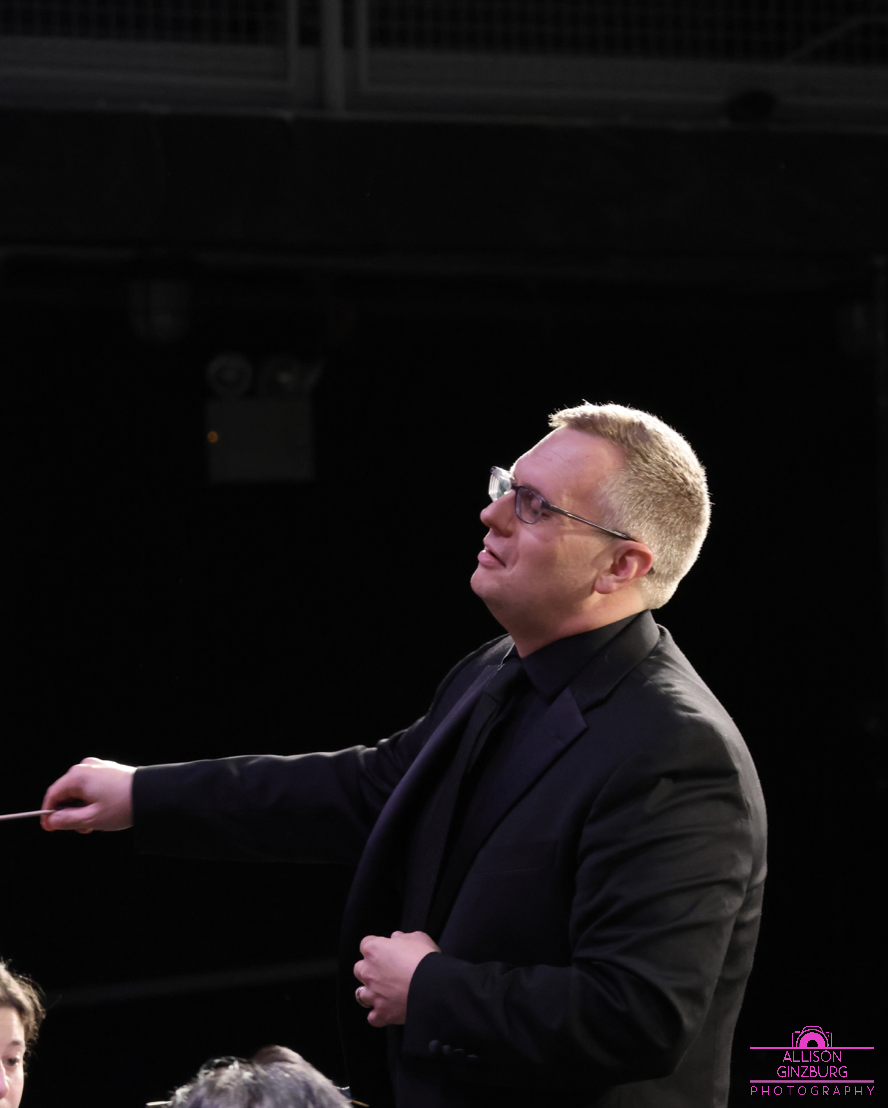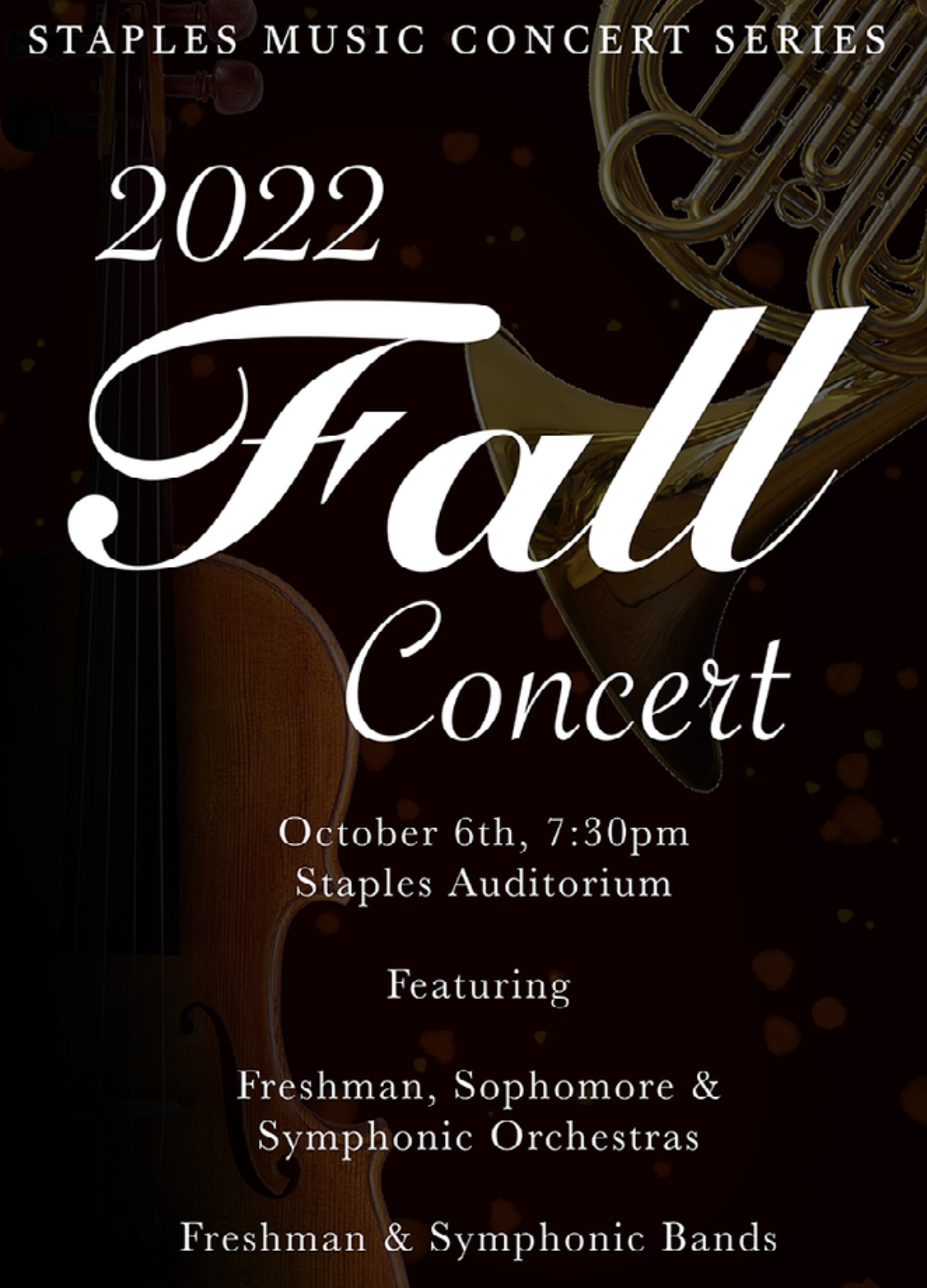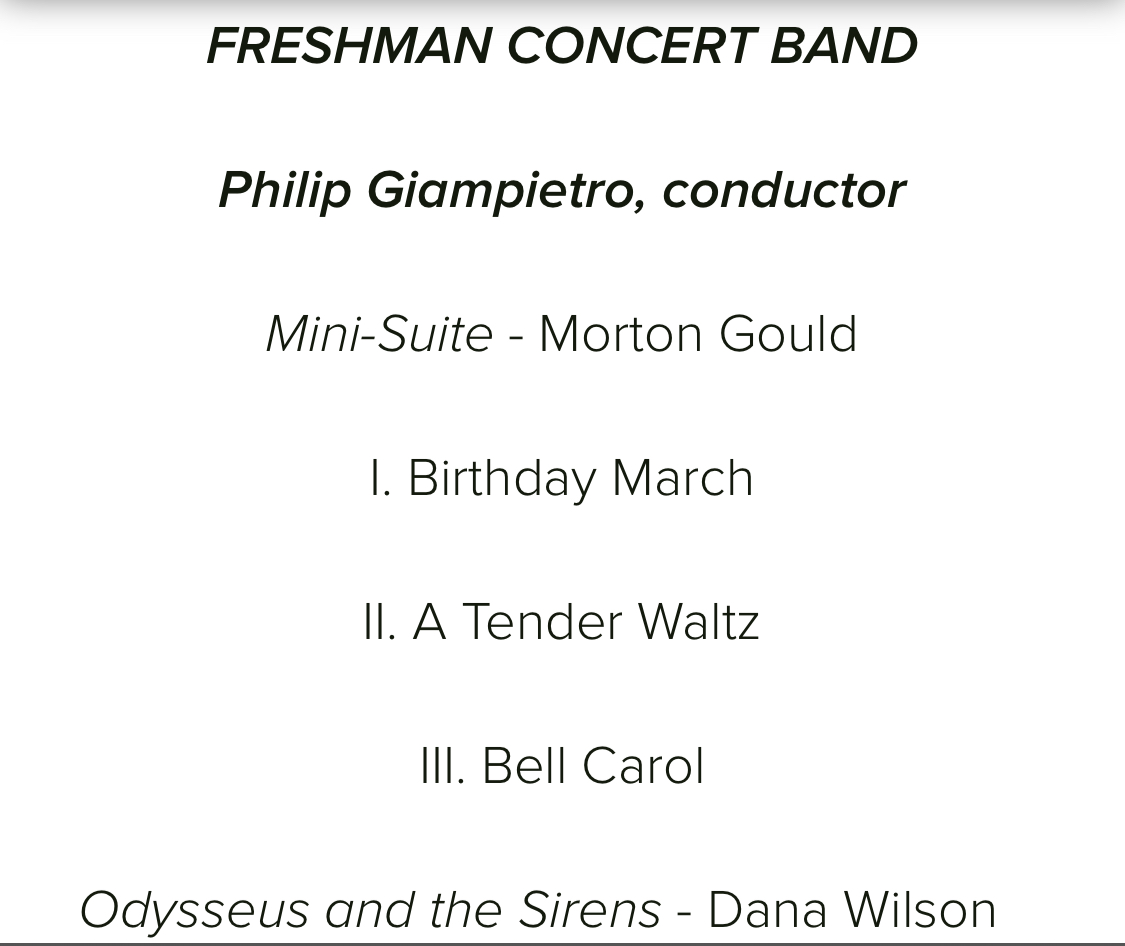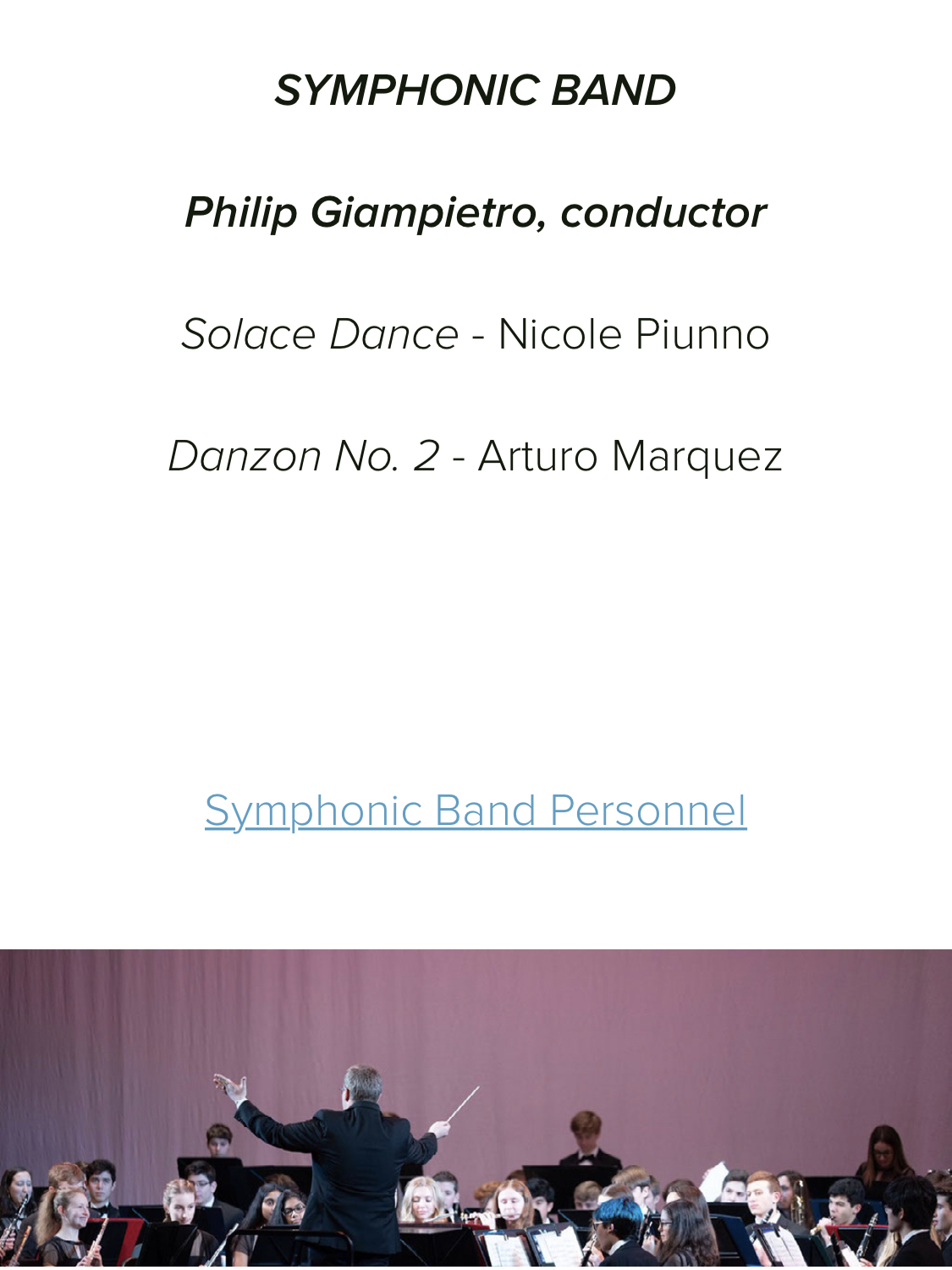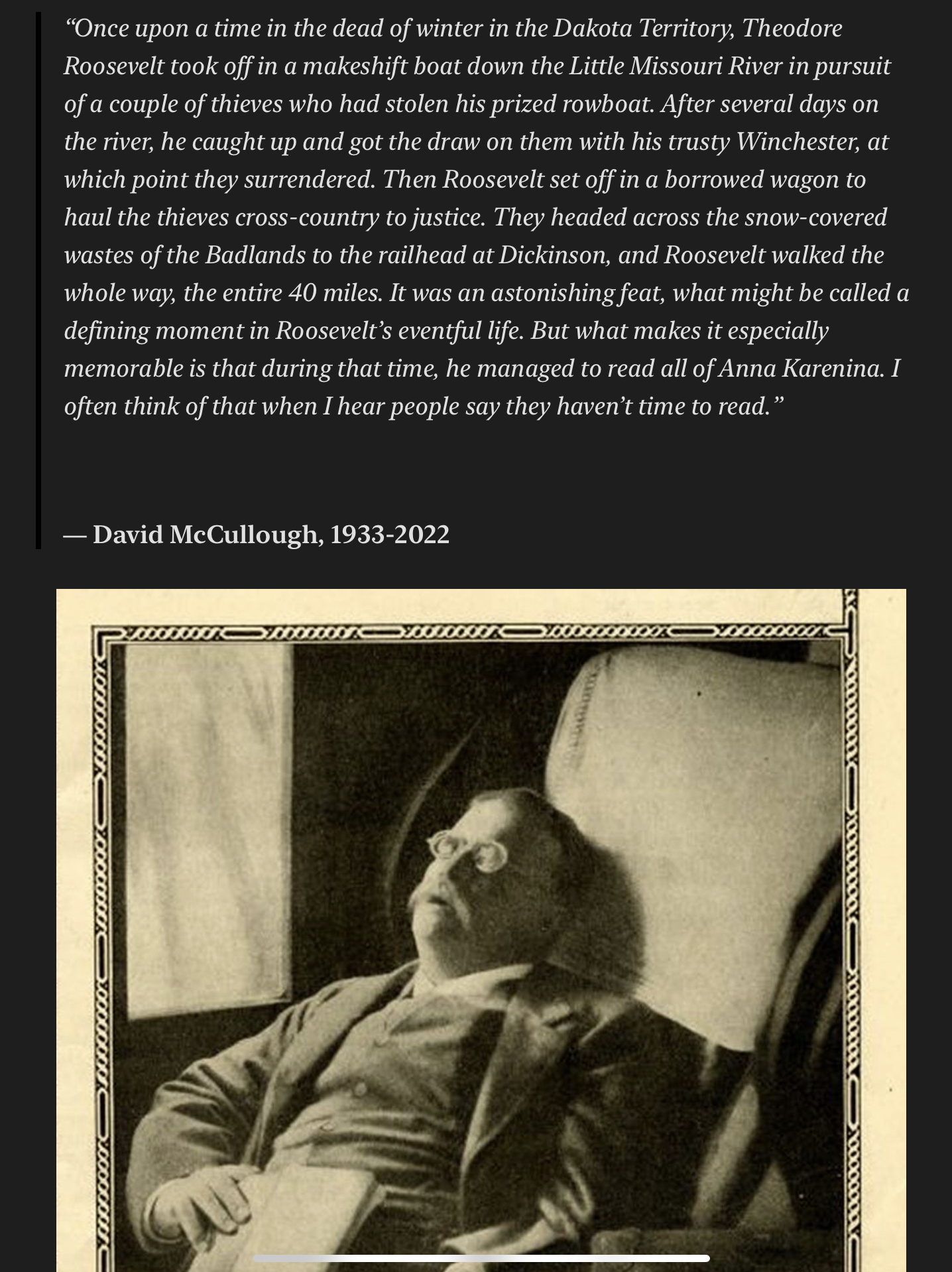2024s
-
My Substack is back. It’s unclear as to whether or not I’ll continue to use this space to stash short bits that may eventually end up at the newly-branded the quiet game.
-
“It is as if we were on a moving treadmill; satisfaction from success lasts but an instant. We can’t stop to enjoy it; if we do, we zip off the back of the treadmill and wipe out. So we run and run, hoping that the next success, greater than the last, will bring the enduring satisfaction we crave.”
- Arthur C. Brooks, Strength to Strength
-
Currently reading: Finite and Infinite Games by James P. Carse 📚
-
Currently reading: Brave New World by Aldous Huxley 📚
-
Gratitude For Gratitude
It only took a day for me to notice it - after my first round of classes at my current position in 2019, nearly all of m... -
Daniel Coyle, in David Epstein’s “Range Widely” newsletter:
“All of which spotlights something important: safety is not about wrapping people in fleece and making them comfortable. Rather it’s about creating conditions where you can be uncomfortable together. Where minority viewpoints are unafraid to speak up and be heard. So on a deeper level it’s really about curiosity and humility. In great groups, people aren’t behaving like rugged individualists; to the contrary, they’re always looking for opportunities to give and receive help.”
Also:
“All of which speak to a larger point: that the heroic-genius model of leadership is outdated. The world today is so complex and fast-changing. Believing that a single human can be massively smarter and hungrier and more creative than everyone else is sort of like believing in Bigfoot. Accordingly, most of the great groups I’ve studied aren’t led by heroic geniuses, but rather by teams of humble leaders who collaborate, listen, and, above all, learn from their mistakes.”
-
“But these long-haul people, they find a thing they want to do, that needs doing, that they do well, and they do it for the rest of their lives. We adore our flashing heroes, but these long-haulers we deeply love. I think they seem necessary to our continuance as a society, that human communities are worth the effort. I think they’re necessary to our sense of meaning as humans, that we ourselves are worth the effort. We count on these people, they’re keeping it all going, the only thing stopping them is death.”
-
Continuing this thread about walking: I am experimenting this week with focusing my exercise regimen around three 15-minute walks per day. They typically break up my preps, with the third walk sometimes occurring after I’ve finished by 70 minute commute home.
For years I’ve been able to consistently exercise every weekday morning, which usually consisted of 20 minute rides on my Peloton bike, but I’ve had far less desire to do this ever since I firmed up the walking habit. I know that there is dimishing returns for a large amount of exercise time, and 45 minutes per day seven days a week means I’ve got cardio covered.
Instead, I’m focusing now on strength training, three sessions of 20 minutes weekly, as recommended by this article in the New York Times. I can’t help but kick myself now over my ignorance regarding strength training, believing that it was just for people who wanted to visibly flaunt their muscles. The closer I get to 40, the more I realize how vital these efforts will be if I want to keep feeling this good further into my teaching career.
The “experiment” poses the question that, if I do a mostly decent job of eating right, will my weight trend downwards? My current weight is 30 pounds lighter than my heaviest point before taking my current position in the Summer of 2019 - but, I had made it almost 20 pounds lower before settling sometime in 2021 (I held off the pandemic weight as long as I could). I lost this weight by exercising EVERY day initially while also being QUITE vigilant about what I ate. The exercise is a shift but the eating is…a little more lax.
I hope to find that this walking regimen is enough to slowly put my weight into a downward trend (or, at worst, maintain where I am), because it has been so beneficial to me in other ways, and I don’t see myself stopping now.
-
One (good) impression
You’re about to interact with a stranger for the first time. It could be someone you’re unlikely to ever see again. It c... -
Observations From a Night of Pep Band
1 - The performance anxiety rollercoaster is real. This is a longer post waiting to happen, but I’ve had two public perf... -
Listening from the first half of October:
Brian Blade Fellowship - Season of Changes (2022)
Mackaya McCraven - In These Times (2022)
Keith Jarrett - Bordeaux Concert (2022)
Gard Nilssen Acoustic Unity - Elastic Wave (2022)
Robert Glasper - Black Radio III (2022)
Rachika Nayar - Heaven Com Crashing (2022)
jaimie branch - Fly or Die (2017)
Ambarchi - Shebang (2022)
Shygirl - Nymph (2022)
Laura Jurd - The Big Friendly Album (2022)
Björk - Fossora (2022)
-
Currently reading: Digital Minimalism by Cal Newport 📚
-
In my old neighborhood, there was a woman who seemed to walk incessantly. And in my old mindset, I used to contemplate how the body of someone who was constantly exercising could be relatively out of shape.
This was besides the point. I hadn’t grasped that there could be health benefits to walking beyond exercise. I’ve had a threefold reason to come to grips with this.
One - in the books of folks like Ryan Holiday and Cal Newport, they reveal that some highly creative people have sworn by walking as the catalyst for solving problems. The exact figures escape me at the moment, but some of them swore by their walking habit, by working only while walking, etc.
Two - Sit Up Straight is Vinh Pham’s guide to “future proofing” your body against injury. For me, this was a serendipitous find: after the Summer conducting seminar at the Hartt School, I am now dissatisfied with my posture - all the time. While the book has been helpful in considering ways to approach better posture, Pham voice is among the chorus denouncing our sedentary lifestyle. I found some opportunities to walk the halls of my school last Spring, once a day at most, in order to augment my exercise. After reading Pham’s book and in taking this all much more seriously, I’ve become a die hard walker, getting in three 15-minute jaunts every day…well, at least weekdays…
Three - in a recent episode of the No Stupid Questions podcast, Angela Duckworth brings up that getting outside is a tool for combatting Seasonal Affective Disorder - something I am not diagnosed with, but one of those back of your mind thoughts that seems to reappear this time of year. The timing was funny - I had only recently brought my walking habit to the weekends on recommendation of my doctor. At my physical, we both realized that my physical activity on weekdays and weekends were completely lopsided. I have consistently had a lot of trouble sleeping at the end of the weekend, whether Sunday or Monday. Spending nearly the entire weekend sitting around could certainly be the reason I felt so buzzy at bedtime.
So, I became a constant walker. I’m going on a couple of weeks now walking 45 plus minutes a day. What’s changed? Small things, like the strength of my back and how it assists my posture. I am very sleepy in the evenings, so perhaps I am on the right track there. But generally speaking my body is feeling tremendously better, as well as it did when I was in my best shape, if not better. I think it has helped me to field the stress of teaching in an incredibly efficient way - like shock absorbers for my soul and my mind. And all it took was getting up in the middle of my preps and doing two laps around the building.
Now I get why that lady was out walking all day. Although I’ll never get over the speakerphone calls she used to engage in most of the time. Ever heard of airpods?
-
Currently reading: Discipline Is Destiny: The Power of Self-Control (The Stoic Virtues Series) by Ryan Holiday 📚
-
Going deep on one pursuit while young instead of going wide
“The trap there is…when you hit a rough patch, because everyone does, if you don’t have other aspects of your identity, ... -
What’s this for?
This will include but not be limited to the following:
- teaching thoughts
- interesting photos
- profound quotes
- general good stuff
Who’s it for?
- mostly me
- maybe you?
General purpose statement:
- form of multimedia journal
- rejection of the attention economy
But why don’t you want to know what I’m up to?
- I do!
- comment here
- or email me: Phil.giampietro@gmail.com
